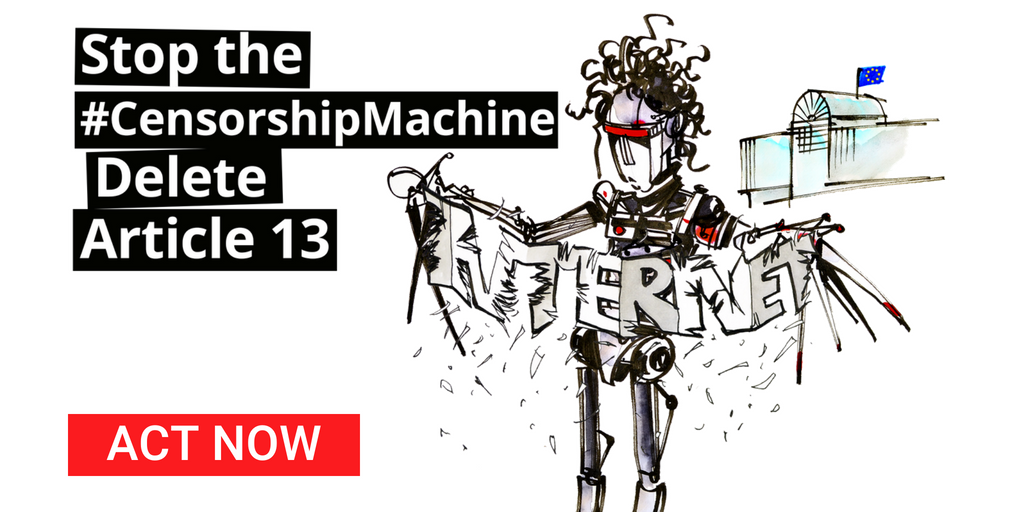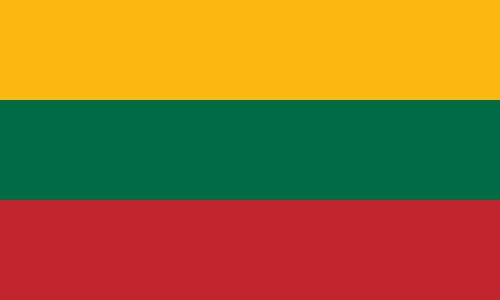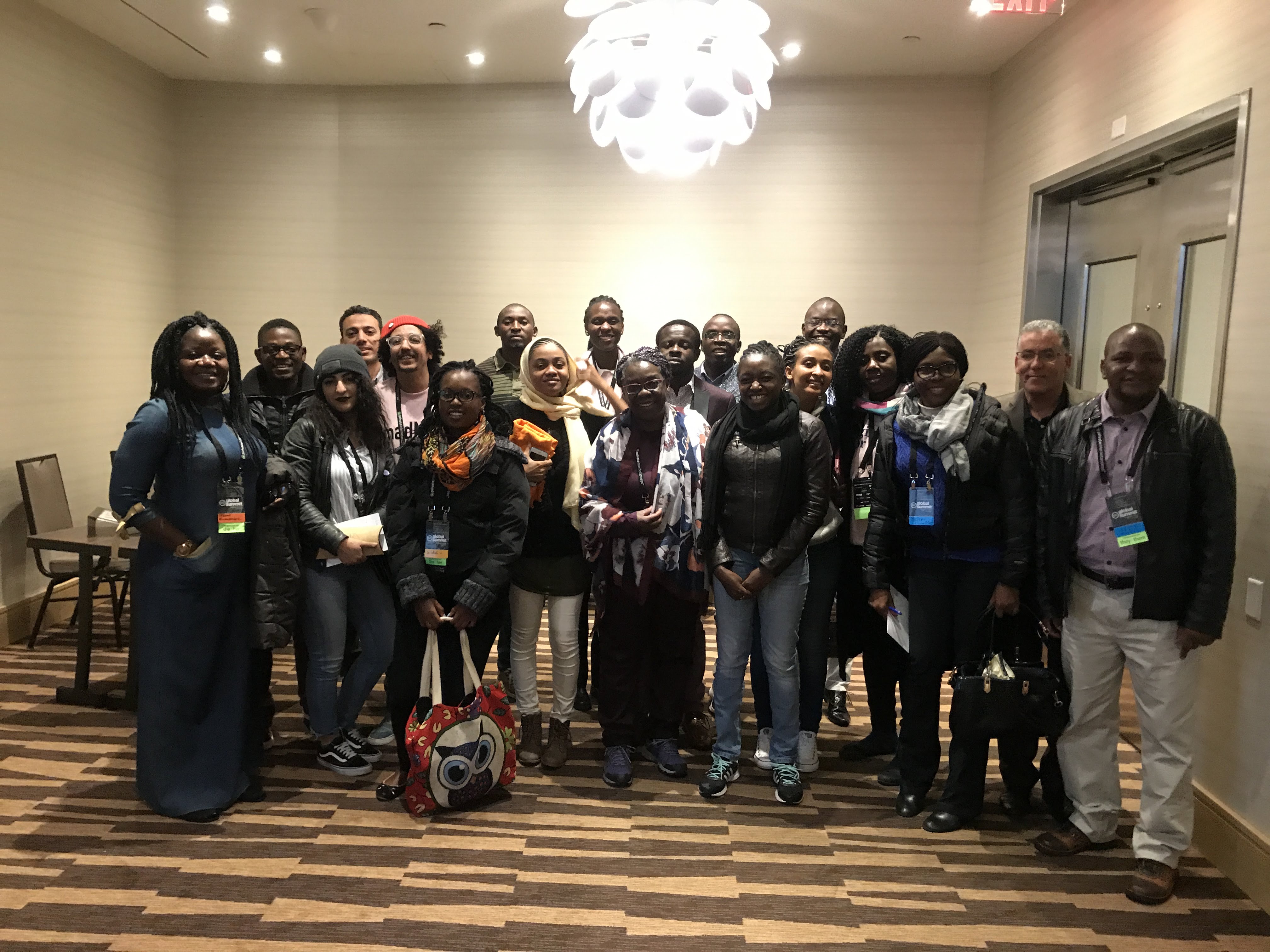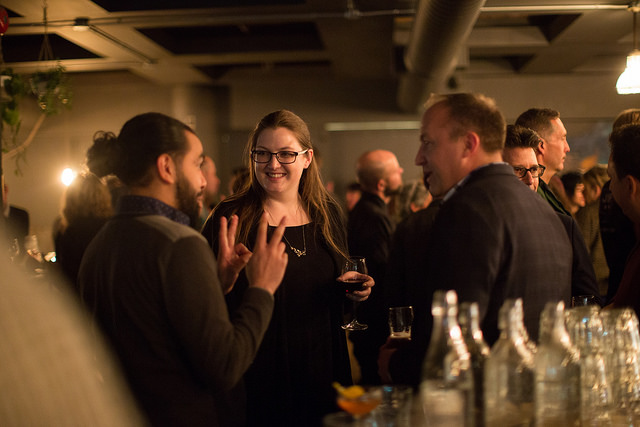
As the Legal Affairs Committee of the European Parliament is nearing a vote on the proposed reform of the EU copyright rules, time is running out to make your voice heard. The vote will take place on June 20.
The final copyright directive will have deep and lasting effects on the ability to create and share, to access and use education and research, and to support and grow diverse content platforms and information services. As it stands now, the copyright reform—especially Article 13—is a direct threat to the open web.
Article 13 is the proposal that would require online platforms to monitor their users’ uploads and try to prevent copyright infringement through automated filtering.
If you’re in the EU go to https://saveyourinternet.eu/ and tell Members of the European Parliament to delete Article 13 from the copyright directive. From the website:
Article 13 will impose widespread censorship of all the content you share online, be it a parody video, a remix, a meme, a blog post, comments on Reddit, a piece of code, livestreaming your gaming experience, or even a link in a tweet.
The filtering requirement violates fundamental rights enshrined in existing EU law, such as the provision in the E-Commerce Directive that prohibits general monitoring obligations for internet platforms.
One example of the negative consequences of Article 13 is that it will limit freedom of expression, as the required upload filters won’t be able to tell the difference between copyright infringement and permitted uses of copyrighted works under limitations and exceptions. Article 13 fails to uphold rules that protect the ability of EU citizens to use copyright-protected works in transformative ways. And it puts into jeopardy the sharing of video remixes, memes, parody, and code, even works that include openly licensed content.
Now the European Parliament is the last line of defense that can put the copyright reform back on track—or at least remove the most harmful parts of the draft legislation, particularly Article 13.
To provide a little background, for the last several years the EU has been working on revising its rules on copyright. Ever since the European Commission released its lackluster draft Directive on copyright in 2016, Creative Commons and dozens of organisations have been engaging policymakers to make crucial changes in order to protect user rights and the commons, enable research and education, and promote creativity and business opportunities in the digital market.
A few weeks ago the ambassadors of the EU countries agreed to a version of Article 13 that fails to address the biggest shortcomings of the Commission’s original proposal, and in a number of ways actually makes it worse.
Send your representatives an email, tweet, or phone call before June 20 and tell them you need copyright laws that protect an Internet where you can share news and culture with your friends and family, where you can expect to be treated fairly, and where your rights as EU citizens are protected. Tell them to delete Article 13.
The post Act now to stop the EU’s plan to censor the web appeared first on Creative Commons.




